If you are involved in the recruitment of staff for you organization, then the scenario below should be familiar to you.
- The need for a new recruitment is identified in your organization.
- You assemble the stakeholders, have several meetings and discussions concerning the ideal candidate’s qualifications and experience.
- You develop the job profile, bring together the recruitment and selection team and begin preparing your search strategy.
Then, the search begins
- You look under every stone to find people who have the skills you and your stakeholders desire.
- Several promising individuals get pre-screened, interviewed and qualified.
- The qualified individuals have now been narrowed down to a short list of 1, 2, 3 or more.
- Stage two interviews start and a finalist begins to emerge!
You have found your Purple Squirrel, you are sure of it.
But you’re not quite done.
Now the “courting” phase begins – a time of getting to know each other, of not wanting to look too eager but also not playing hard to get. A time of uncertainty and excitement as you imagine how well this candidate will fit into your organization. Yes, it might sound like dating but in the world of recruitment the courting phase is the moment of truth, the point where the rubber meets the road. You might want 'The Candidate', but will they want you?
So you meet again to discuss the position, you answer questions, you talk about career and advancement opportunities, training plans and on-boarding plans and compensation. Corporate information is given, company tours occur, more meetings with supervisors and colleagues, and finally a lunch or a dinner meeting. You are convinced this candidate is the one.
After a de-brief with the stakeholders, it’s unanimous, they agree with you and an offer is drafted. You are thrilled to extend an offer to the candidate and so you wait with bated breath for them to accept and a day or so later the candidate calls you and…
respectfully declines.
Never mind the disappointment that sweeps over you because right now you have to deal with the panic that’s setting in when you realize you have no one else.
And why is there no one else? Because you stopped looking as soon as you thought you had found 'the one'.
This scenario happens more often than many of us would like to admit. It is what we like to call the euphoric stage of the recruitment, where everything is sunshine and lollipops and the possibility of a no doesn’t exist so we aren’t prepared when it happens. It’s what leads us to stop the recruitment when we shouldn’t have. Now you have to start all over again.
However, it doesn’t have to be this painful. Sometimes these simple reminders can help you avoid intense frustration, disappointment, time and money.
- It ain’t over ‘til it’s over - even if an offer is extended.
- Dedicate time everyday to focus on the search. Even if you have a shortlist of great candidates.
- Be creative and willing to ask for help. Involve everyone in your organization – creating awareness ensures a solid candidate flow.
- Don’t rely solely on job postings yet don’t remove any until the position is filled – potential candidates should always be encouraged to apply.
- Keep your stakeholders advised along the way – help them with these reminders as well. They too can get caught up in that euphoric stage.
- And the last reminder?

Happy Hunting!
Does your organization work with a recruiter? Have you always wanted to? To learn more about getting the most out of the recruitment process download our whitepaper:








